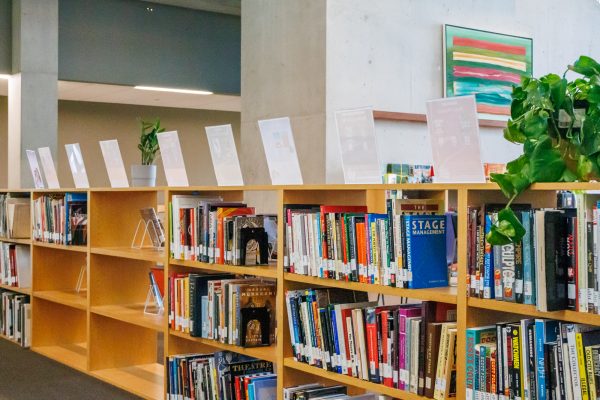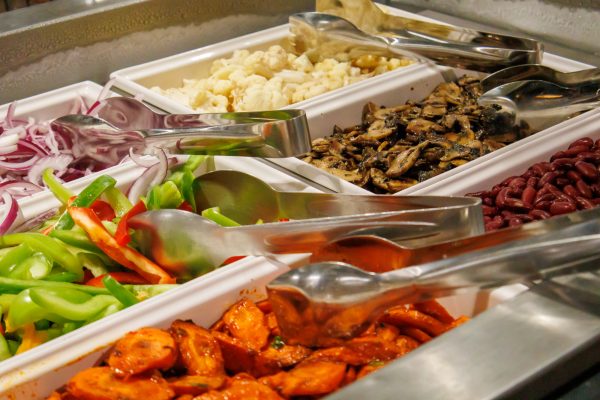Gates Foundation boasts high hopes, better lives by 2030
Life will only get better for the poor in the next 15 years.
This is the claim made in this year’s letter from the Bill and Melinda Gates Foundation. The foundation, which celebrates 15 years since its founding in 2000, asserts in their letter that technological advances should support improving the lives of the poor in the realms of of health and equality in education, farming and banking.
As a middle class university student in America, the issues above do not paint the pictures they would if I lived somewhere else.
Education is an issue of student debts and loans – despite the empowerment it is supposed to instill. Health is an issue of insurance and keeping my stress levels down so I can focus on my personal growth.
Farming is something I read about, not something that I think of every time I eat.
Banking is an issue of ATMs and checking on my iPhone to see if my paycheck has cleared.
By virtue of your reading this, you are privileged enough to be at a private institution of higher education.
It is unlikely that when you think about health, you first think about access to clean drinking water.
I doubt your first response to the term “education issues” concerns whether or not a girl should be allowed to learn at a given institution.
We are in Texas, so perhaps farming and ranching is not far from your reality, but I still imagine the majority of food you consume comes from the HEB down on Congress.
Banking is a necessary evil, but I find many of my peers do not know a great deal about how personal finance works, unless they are finance or accounting majors.
Though my day-to-day awareness of these issues is sheltered by my privileges, the Gates Foundation is looking at these problems in terms of technological innovations. Gates argues that through what may seem insignificant advances to us, the world can change for the poorest of its citizens.
“Philanthropy has to pick the risky diverse things that neither the market nor the government are going to,” said Bill Gates in an interview on The Verge, a vlog on technology.
When Gates says “risky” he refers to backing scientific advances that are sometimes debated in the Western world, including the use of genetically modified crops (GM crops), affordability of medicine (vaccines in particular) and how mobile banking can break down class boundaries to entering trade.
As a student who, through her Contemporary World Issues class, was walked through issues of world hunger, I support the use of GM crops. I was diametrically opposed to them before walking into that classroom, because I was lucky enough to never question where my next meal is coming from.
I certainly believe that labeling crops is vital to fair consumption on the part of a consumer. Whether or not this research should be used to feed hundreds of thousands of more people is not a question for me. It is imperative that technology not only a buzz on American bedside tables, but also help to halt the way stomachs rumble without meals to eat.
I am an eternal optimist; I hope the Gates Foundation proves they are right about 2030.
I hope mobile banking enables impoverished farmers to store their funds, without losing out to the fees an ATM restricts.
I hope GM crops help more children to grow up nourished. I believe that by 2030 the world will be better for the poor, I just also believe we have a lot of work to do to make that belief a reality.






